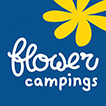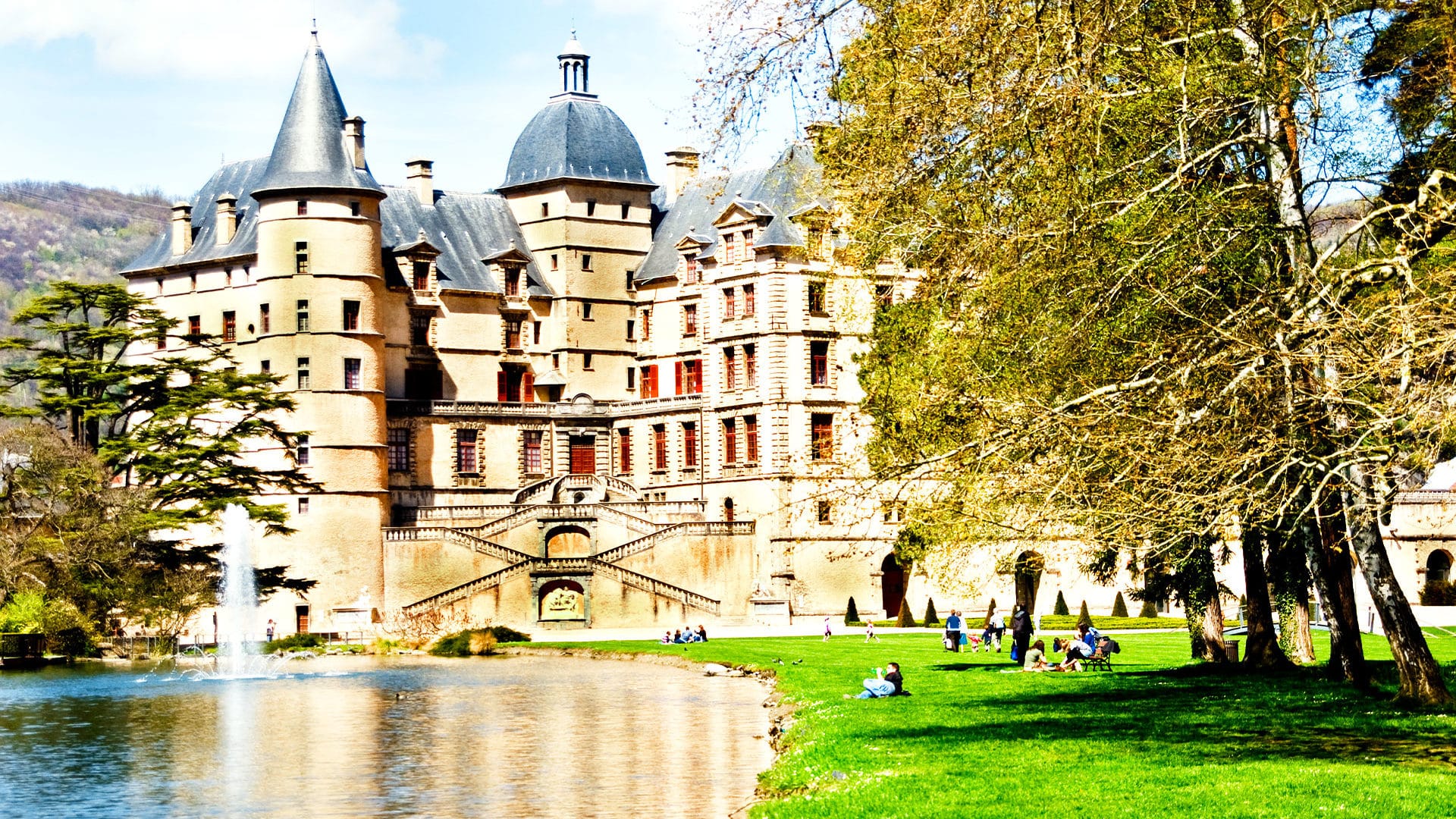At the gateway to Grenoble and the Oisans mountains lies the Domaine de Vizille, an exceptional 100-hectare site with a fabulous backdrop. You’ll be seduced by its landscaped gardens and open spaces; you’ll fall under the spell of its grandiose rose garden, its lakes and canals, inviting you to take a stroll. The château itself houses the French Revolution Museum. It’s one of the historic monuments you won’t want to miss if you want to learn more about the region’s cultural heritage. Through guided tours, you can discover the history of the Château de Vizille, the fortress and its moat, its architects, its labyrinth, as well as part of French history (Napoleon, Louis XIV, the Renaissance…). It’s also the perfect retreat to recharge your batteries in the nearby forest. Definitely a must-see during your stay!
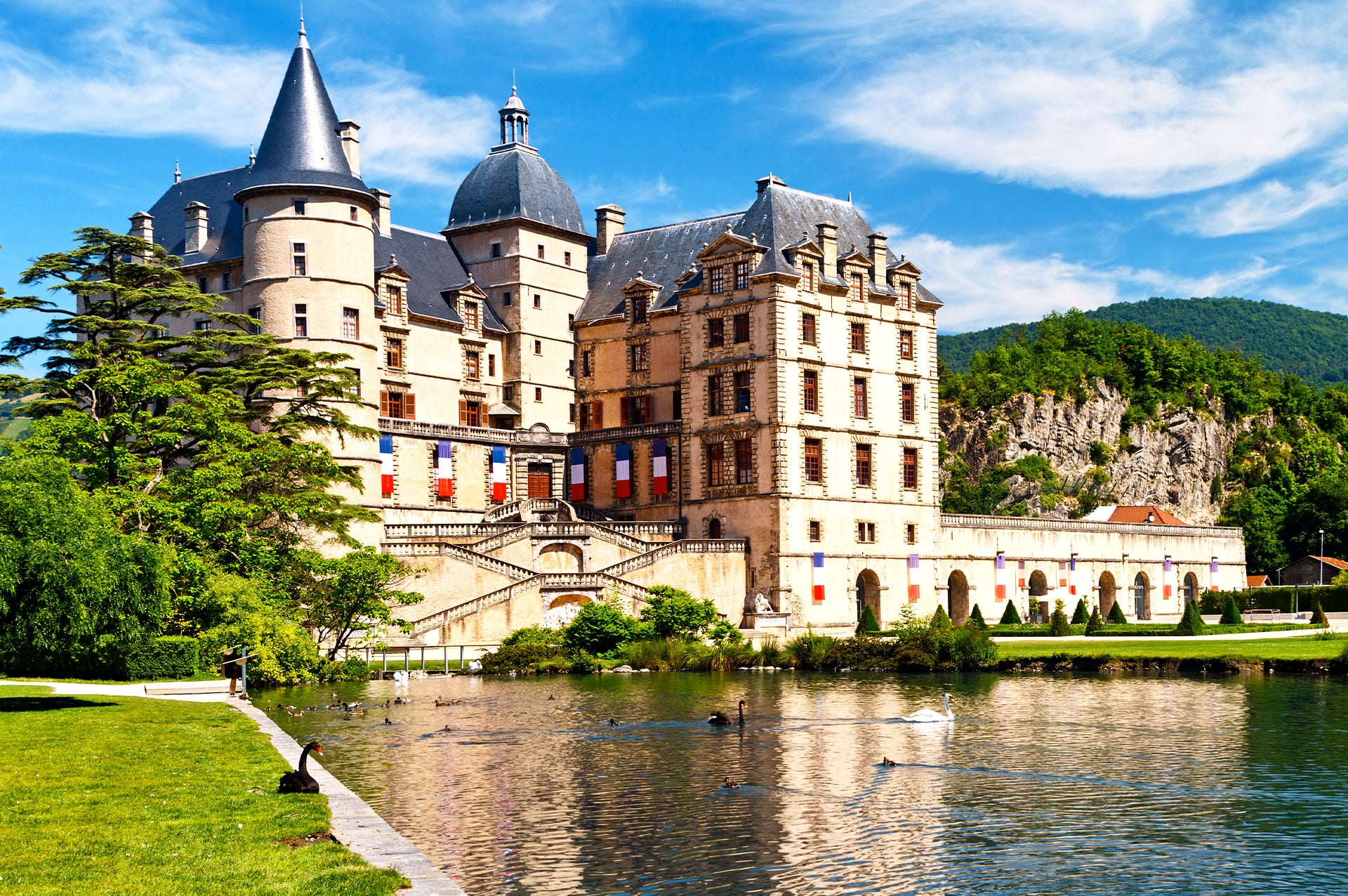
The Château de Vizillewitness to two thousand years of history
Revolution
Today, the Château de Vizille is considered the “cradle of the French Revolution”, making it one of the most myhtical castles in France. It was in the Salle du Jeu de Paume on July 21, 1788, that the Assembly of the three orders of the Dauphiné met to demand the holding of the Estates General. But before this pivotal moment in the advent of the Republic, this historic monument had been an important place of power, notably with the Dukes of Lesdiguières. From the end of the 18th to the end of the 19th century, between 1782 and 1895, it was the residence of the Perier family, then of French presidents between 1925 and 1960.
If you visit the Château de Vizille, you’ll visit the Museum of the French Revolution. It opened its doors in 1983. It’s the place to go to immerse yourself in a unique artistic creation that has been enriched over time. Here, we immerse ourselves in Europe’s cultural transformations, from the Enlightenment to Romanticism.
The estate is also a landscaped park with the “Remarkable Garden” label, a peaceful retreat where you can get closer to nature and wildlife, making it one of the region’s most prominent historical monuments.
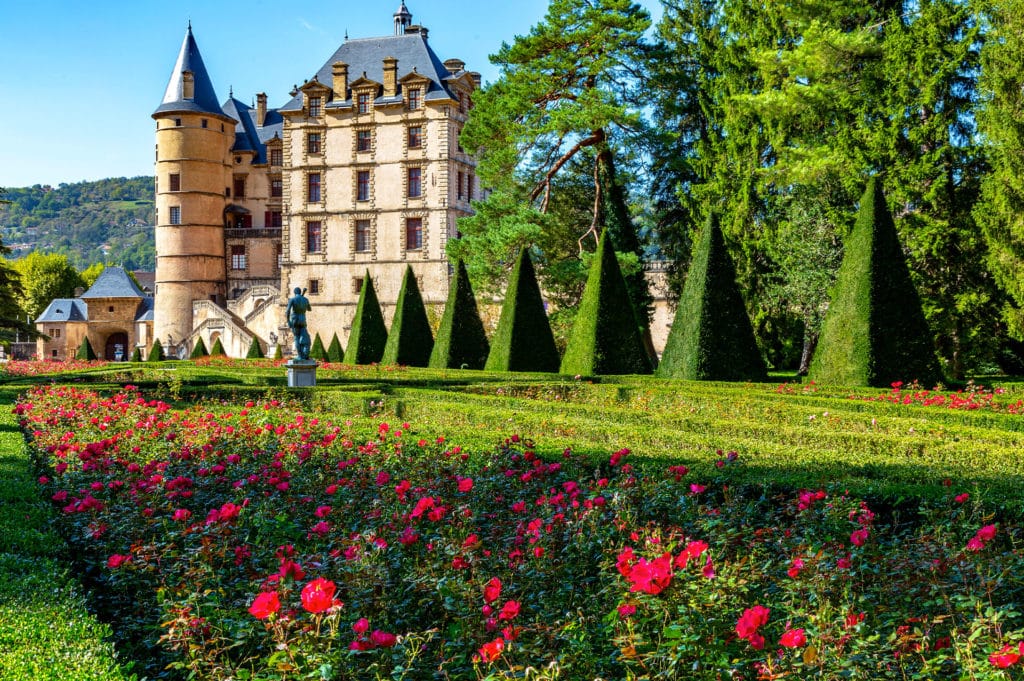
The Château de Vizilleand its park awarded the “Remarkable Garden” label
This label “distinguishes gardens and parks of cultural, aesthetic, historical or botanical interest, whether they are public or private”, according to the French Ministry of Culture website Culture.gouv.fr. The owner of a site designated as a “remarkable garden” is obliged to maintain it and make available to the public all the necessary information documents, including the historical plan and botanical indications.
But at the Château de Vizille, we go far beyond the commitments recommended by the French Ministry of Culture. The estate tries to diversify its activities as much as possible. These include, for example, educational initiatives and teaching tools for schoolchildren. The estate also offers a range of initiatives aimed at teachers, activity leaders and educational staff; for example, teachers are entitled to free educational documents at back-to-school meetings.
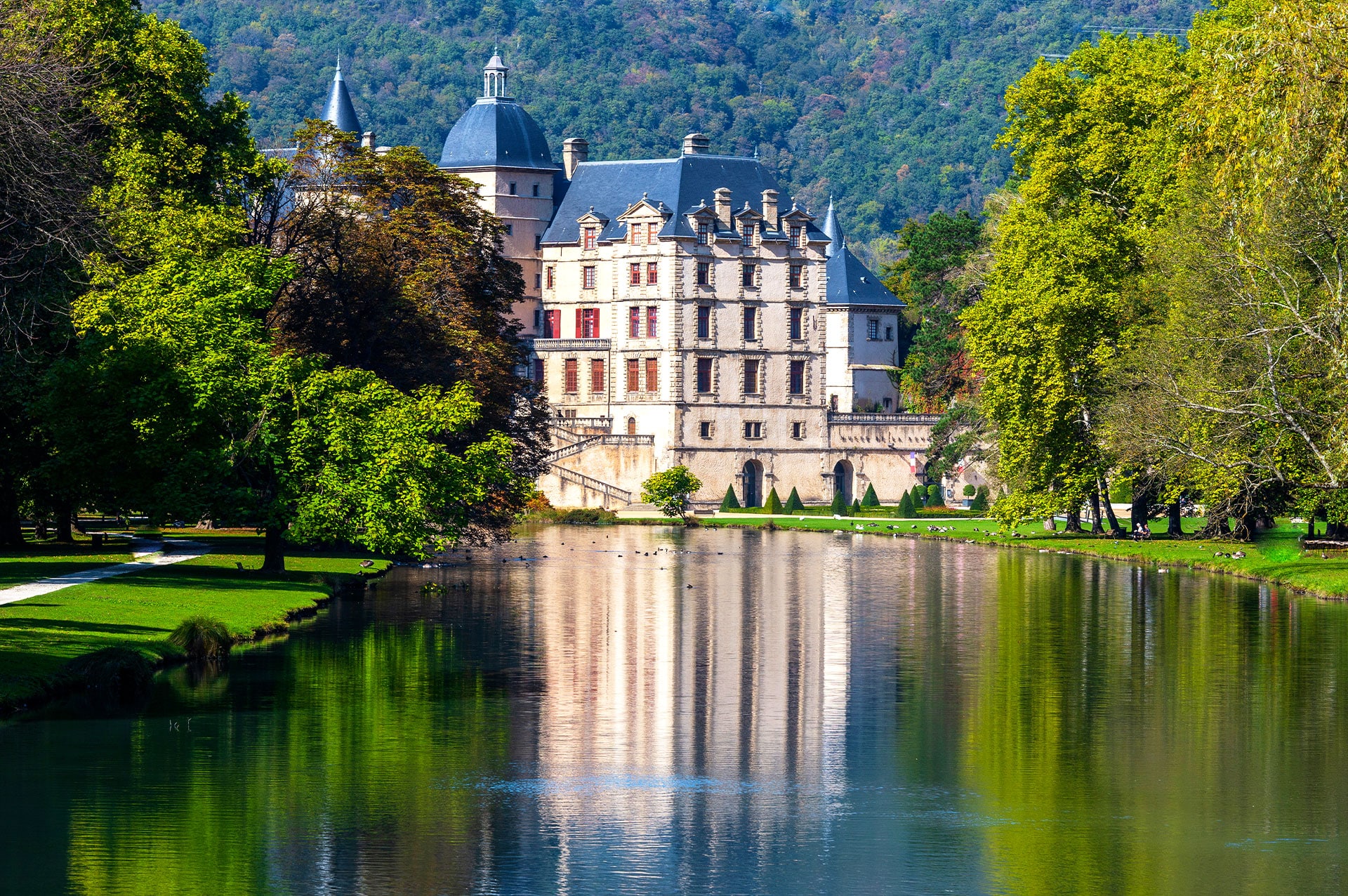
Prices, opening timesand practical info
Self-guided and guided tours
The château park is open to the public every day from 9am to 8pm from June to August inclusive. It is also open except on Tuesdays from 10am to 5pm from November to February and from 9am to 7pm the rest of the year. Take a self-guided tour and stroll around this prestigious architectural masterpiece and admire its facades. Discover the château from the outside by strolling along the paths of this romantic green setting and take a break by a pond or one of the canals! Picnics are permitted in the château gardens.
Visits to the château and the French Revolution Museum are possible every day except Tuesday, from 10.30am to 12.30pm and from 1.30pm to 5pm (or 6pm depending on the season). Free guided tour on the first Sunday of each month from 3pm. Also free to visit.
